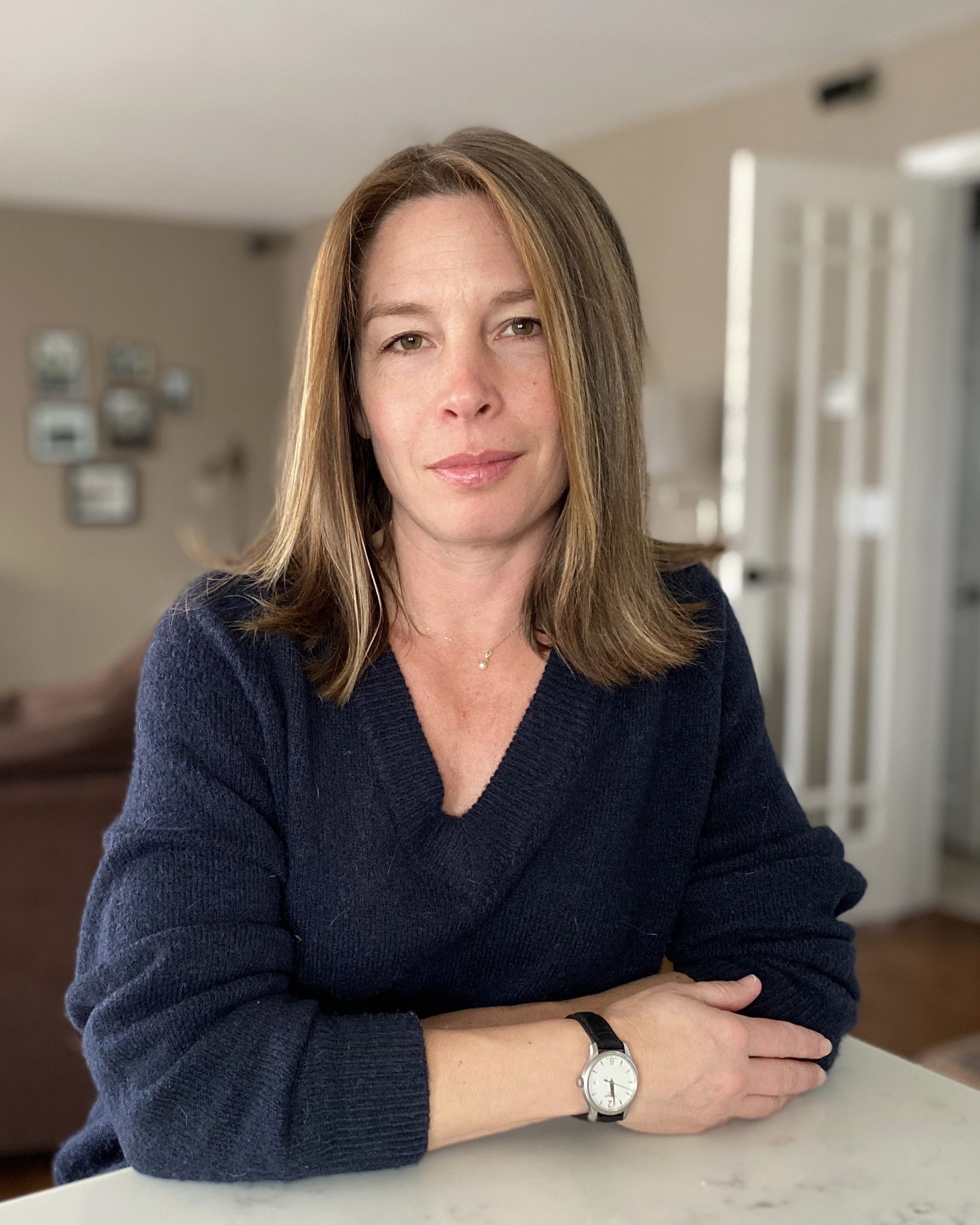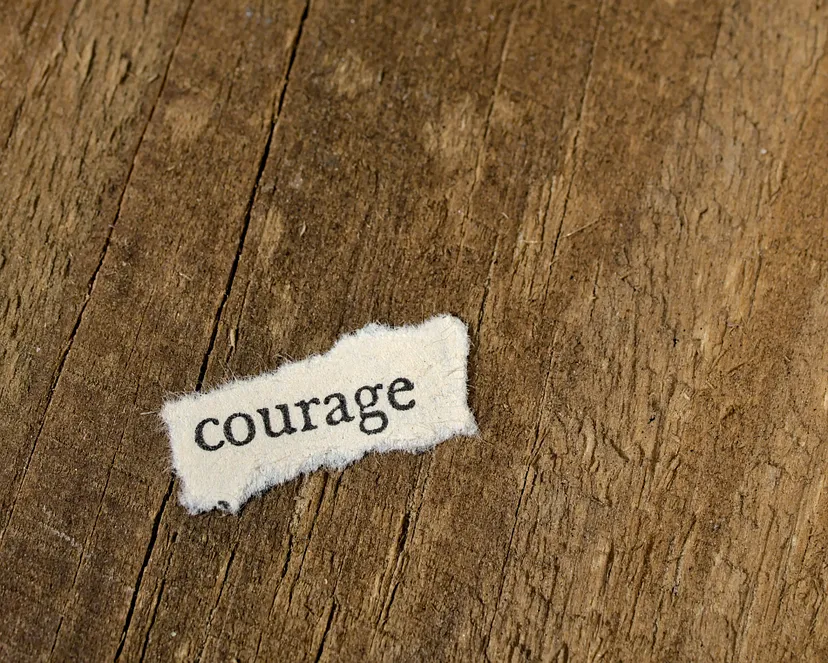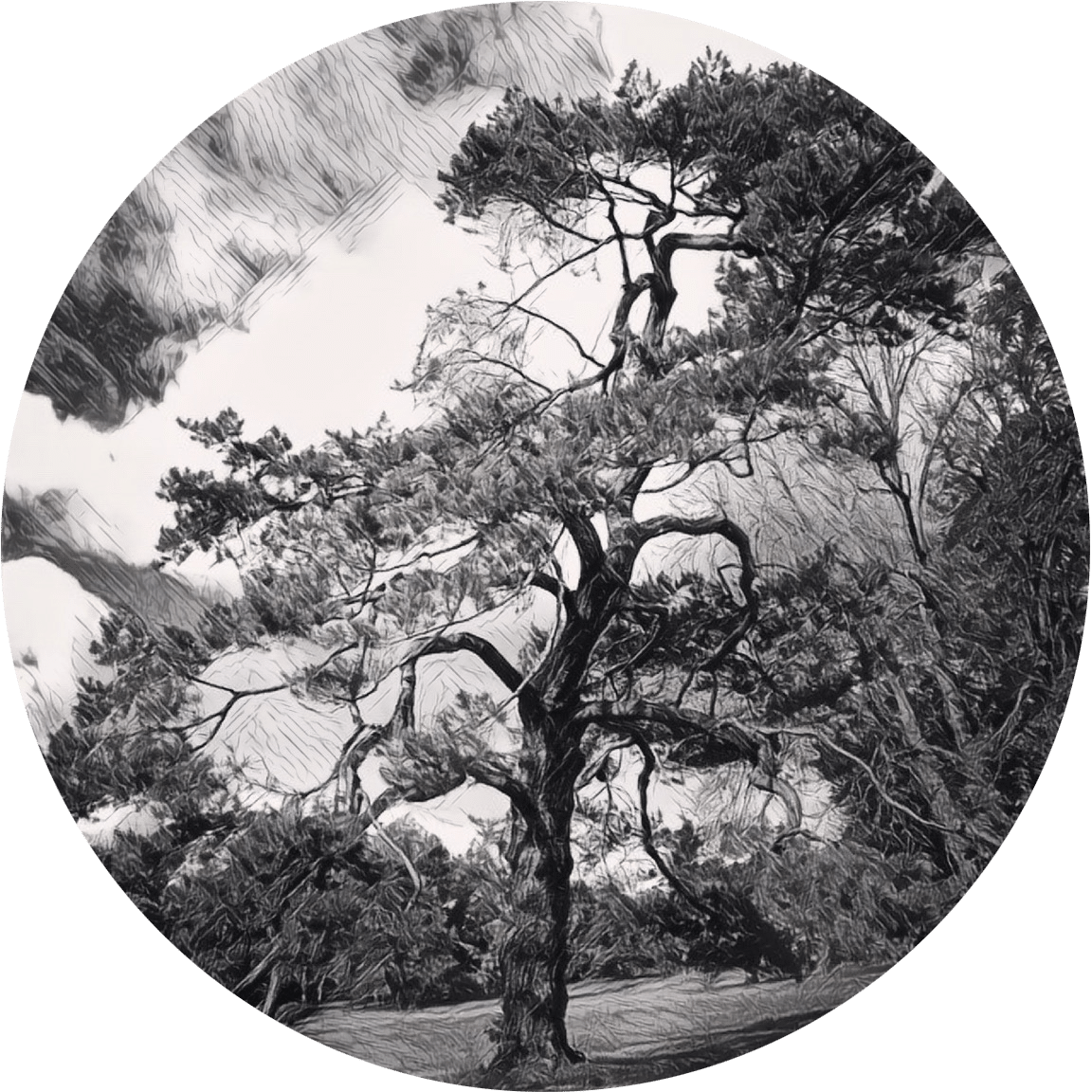I interview a lot of writers for JaneFriedman.com, and I’ve also been listening to many interviews with writers, primarily on The VJ Books Podcast and The Thriller Zone.
My favorite part of any interview is one in which the writer shares something illustrative of a determination to retain or honor an independent artistic spirit, to write what they want to write — or maybe need to write — no matter what, trends and publisher- or audience demands be damned.
Here are six such interview treasures:
“Make it the book you want.” — Amina Akhtar, author of KISMET
I think if you’re going to write a book, make it the book you want, because you’re never going to make everybody happy. I have people who love my work, I have people who hate my work…That’s great. How they feel is none of my business. It’s about how I feel about my work, and if I don’t write a book that I feel is true to me and my personality, then what’s the point?
(From an interview on The Thriller Zone)
“Don’t get hung up on marketing and genre.” — Nikki Nelson-Hicks, author of STONE BABY AND OTHER STRANGE TALES
Write the story you want to read. Write the story you want to tell. Don’t get hung up on marketing and genre.
A lot of genres get flack for not being highbrow enough. Romance is only for horny housewives or Tinder rejects. Science fiction is for nerds. Fantasy is for soft-brained people who can’t handle reality.
Those observations are, to put it bluntly, bullshit. There’s nothing wrong with enjoying a love story. Curled up in a blanket, sipping a hot cup of tea, and watching two people find each other? What’s the harm in that? Science fiction is a stepping stone for a budding scientist to manifest science fact. Imagination is a gift! It’s how we discover new worlds, new medicines, new routes to different realities. Lay off the nerds! And people who love fantasy? The first stories our ancestors took the time to write were about heroes and gods. From Tolkien to the Marvel Universe, what’s your problem with that? Leave the cosplayers alone.
(From an interview at JaneFriedman.com)
“We should read and write what we want and find our audiences.” — Elizabeth Marro, author of CASUALTIES
I thought I had to know what kind of writer I was and live there. I lost sight of the fact that while publishers and writers think this way, most readers don’t. They pick up a book and they either keep reading or put it down. Life is short, and large-scale commercial success for most writers is elusive. I think we should read and write what we want and find our audiences.
(From an interview at JaneFriedman.com)
“You can’t pay attention to either praise or damnation, because either one is likely to be wrong.” — Dean Koontz, author of THE BIG DARK SKY
There was a writer I adored. I won’t use his name. I was buying his hardcovers when I couldn’t afford hardcovers. He was just unique. And he didn’t hit big-time until he was in his 50s, and it must have been very frustrating.
He wrote a lot of excellent novels in a couple different genres. Suddenly, all the literati found him, and he began to get praise through the roof, and he was everybody’s darling. And I noticed…Well, first thing is I was so happy for him. It was like, “Great! Finally people are noticing!”
And then after a while I began to notice they weren’t praising the complete panoply of qualities in his novels. They were focused on, like, two of five great things he did. — And I’m just picking those numbers out of thin air. — And then I noticed, as the years went by, his work began to change, and what he was doing was focusing on those things that got all the praise and letting those other qualities sort of fade into the background. And, ultimately, I found the later work unreadable.
And that to me was quite a lesson, I thought. You know, you always have to stay true to what you think you’re doing and don’t let anyone else tell you what you’re doing, and certainly don’t let praise overwhelm you. … You can’t pay attention to either praise or damnation, because either one is likely to be wrong.
(From an interview on The Thriller Zone)
“I had crafted a story that I was truly proud of and that was authentic to everything I sought to achieve as a writer, even though I was terrified about how it would be received.” — Mansi Shah, author of THE TASTE OF GINGER
Having been told early in my writing journey that I had to write for a white audience to earn a living as a writer made me hyper-conscious of that fact in my early drafts. I still wanted to raise the difficult issues that immigrants face but was cognizant that I shouldn’t go ‘too far’ into any areas that might offend a white reader.
For example, I didn’t address the notion of ‘color-blindness’ that was a common and well-intentioned view that I had often heard while growing up. I also didn’t delve as deeply into what it feels like to be a non-white immigrant in a predominantly white law firm, and I wasn’t as direct about referring to America’s racial hierarchy as a caste system. I felt like I hinted at those issues but didn’t give them the justice on the page that they deserved. …
[W]ith each revision, I became bolder in what I wrote. … I became less afraid of what would happen if I wrote something that challenged the way people think.
Making these changes felt like I was finally writing the story I set out to write when I was 29, and it was liberating! I had crafted a story that I was truly proud of and that was authentic to everything I sought to achieve as a writer, even though I was terrified about how it would be received. …
I turned in my final draft to my editor and waited with bated breath worried that she would come back and tell me I’d gone too far, that some of the ideas in the book would be too alienating, that we needed to explain the “foreign” words. Fortunately, she loved everything about the changes.
(From an interview at JaneFriedman.com)
“I want to write a woman character that my wife and my daughter can read and enjoy.” — Lee Goldberg, author of MOVIE LAND
I’m married. I have a daughter who’s 27 years old. I was raised by a single mother who is a writer, and it always bothers me how women are portrayed in books, particularly those written by men. They’re always sexualized to a ridiculous degree, they’re always damsels in distress who have to be saved by somebody else, and they don’t have the rough edges.
I’m very conscious of how I write [protagonist] Eve. I’m very conscious not to describe her based on how a man would look at her, or how a man would think about her. Every time a man writes about a woman, they seem to think that all women think about are their own breasts and how their breasts look to other people. It’s just ridiculous. I want to write a woman character that my wife and my daughter can read and enjoy.
(From an interview at VJ Books)
Of course, there’s no guarantee your fierce artistic independence will lead to whatever might be your idea of success.
Then again, there’s no guarantee that following the market, trends, or editorial advice will get you there, either.

Kristen Tsetsi is the author of the post-Roe v. Wade novel The Age of the Child, called “scathing social commentary” and “a novel for right now.” She is also the author of the novels The Year of Dan Palace and Pretty Much True (studied in Dr. Owen W. Gilman, Jr.’s The Hell of War Comes Home: Imaginative Texts from the Conflicts in Afghanistan and Iraq). Kristen’s interview series at JaneFriedman.com offers behind-the-scenes insights into all things writing and publishing.



